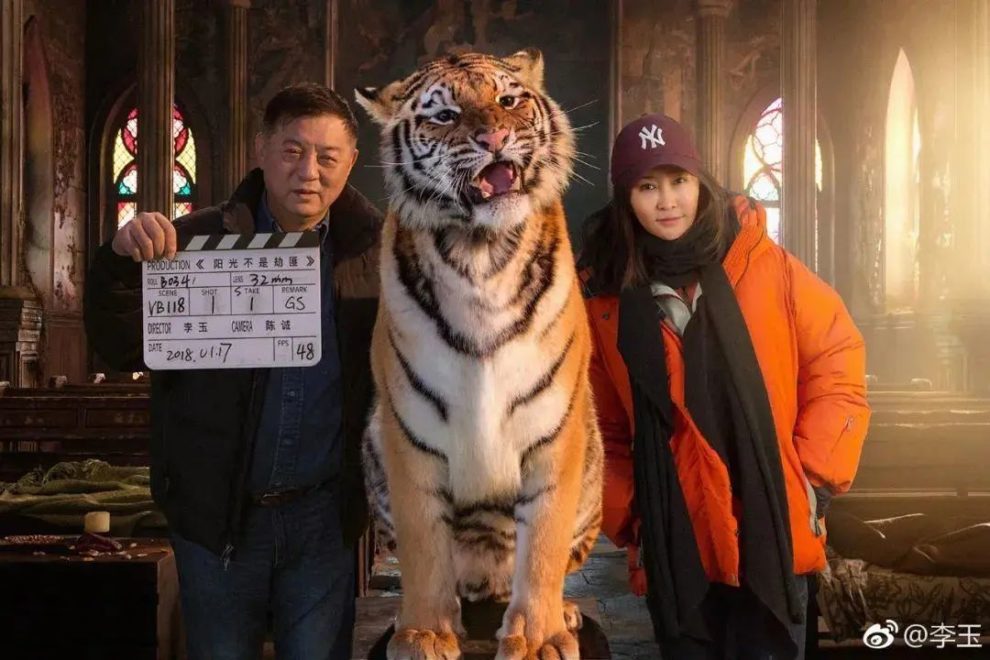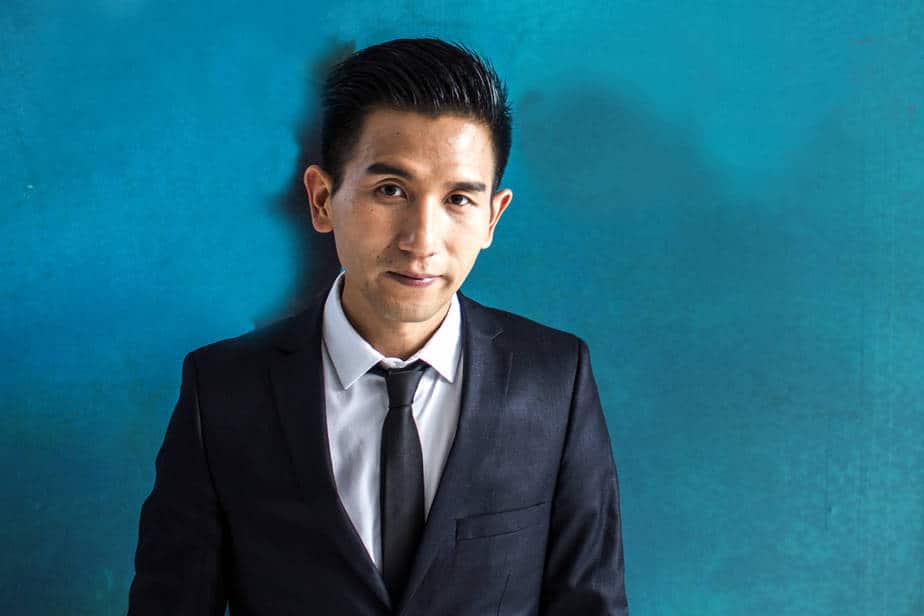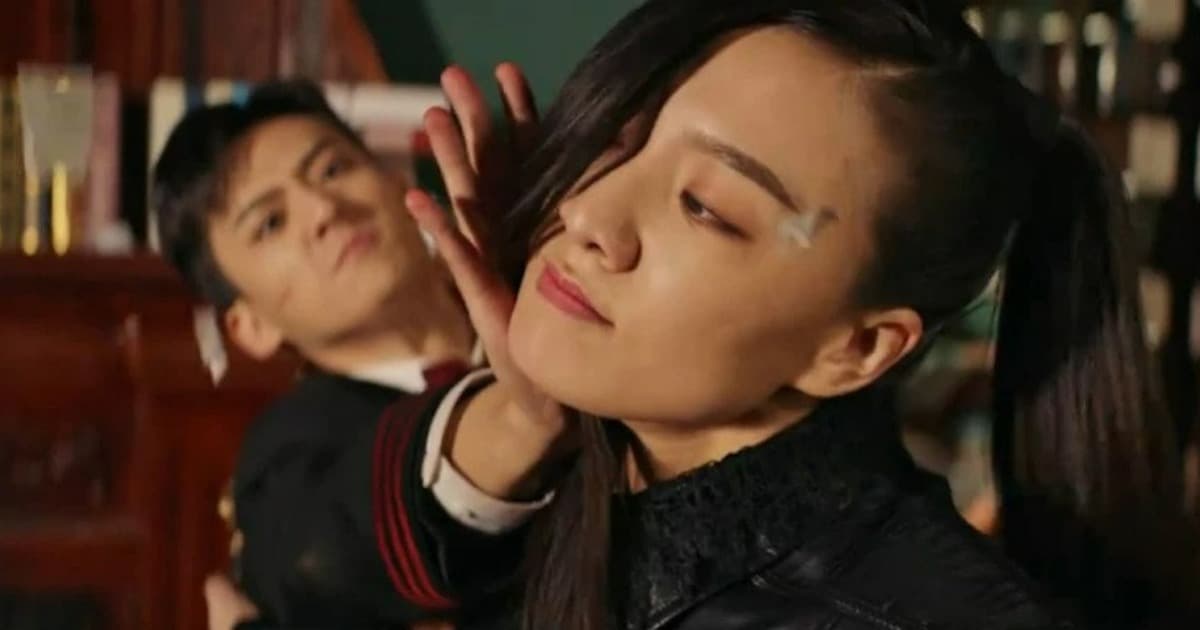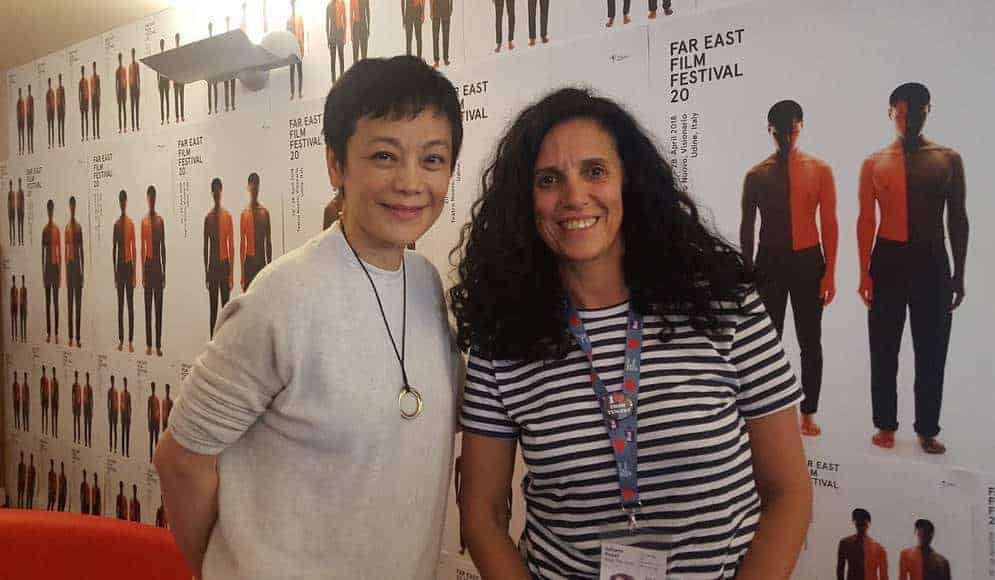Li Yu is a well-known female film director and screenwriter from China. Her career in entertainment began as a presenter for a local television station in Shandong, before she eventually joined China Central Television to work on documentaries. Li Yu made her feature film debut with 2001's Fish and Elephant, which has been widely regarded as the first film in China to deal with lesbian relationships. Her subsequent works include “Dam Street” in 2005 and the controversial “Lost in Beijing” in 2007. She is also the recipient of several awards, including from the Venice and Berlin International Film Festivals. A common focus of her films is on female characters with different backgrounds.
On the occasion of Cheng Cheng Films' release of “Ever Since We Love”in North American cinemas and “Buddha Mountain” on streaming platforms, we speak to Li Yu about what inspires her films, working with Fan Bingbing and Sylvia Chang, and her current projects.
Since the beginning of your career as a director, your films always had issues with censorship. Did this fact ever make you think that you should change your approach regarding films? Do you think that the issues filmmakers in China face with censorship have become worse or better with time?
I can only say that I am a Chinese film director. I choose to make films in China and tell stories about China, so I can only cope with it with a positive attitude.
In general, what are the most significant changes you have witnessed in cinema since 2001? In what ways have you changed, both as a person and a director? How would you describe the Chinese movie industry nowadays?
It's a long story that's hard to tell.
Both yours and Fan Bingbing's career have been defined by your cooperations. How did this “relationship” begin, and what made you cast her repeatedly in your films? In general, how would you describe your cooperation? Do you think you will ever work together again?
It takes deep mutual appreciation for a director and an actress to collaborate for so long. We admire and trust each other. I saw her the first time during “Lost in Beijing”‘s casting process. I had struggled to find a woman who has a pretty appearance and a tough personality that can adapt to the complex society. I met many actresses but none made me feel right until Fan Bingbing. She showed up in a simple dress without any makeup. Her smile was soft but assertive. I was chatting with Tony Leung (Ka-Fai) about an important scene. I asked her to share her take. She said, “The girl sees through everything but chooses to stay quiet.” I knew I found my character. I've always felt that the fate of our relationship hasn't come to its end. There's still a long journey of cinema in front of us to traverse together hand in hand.
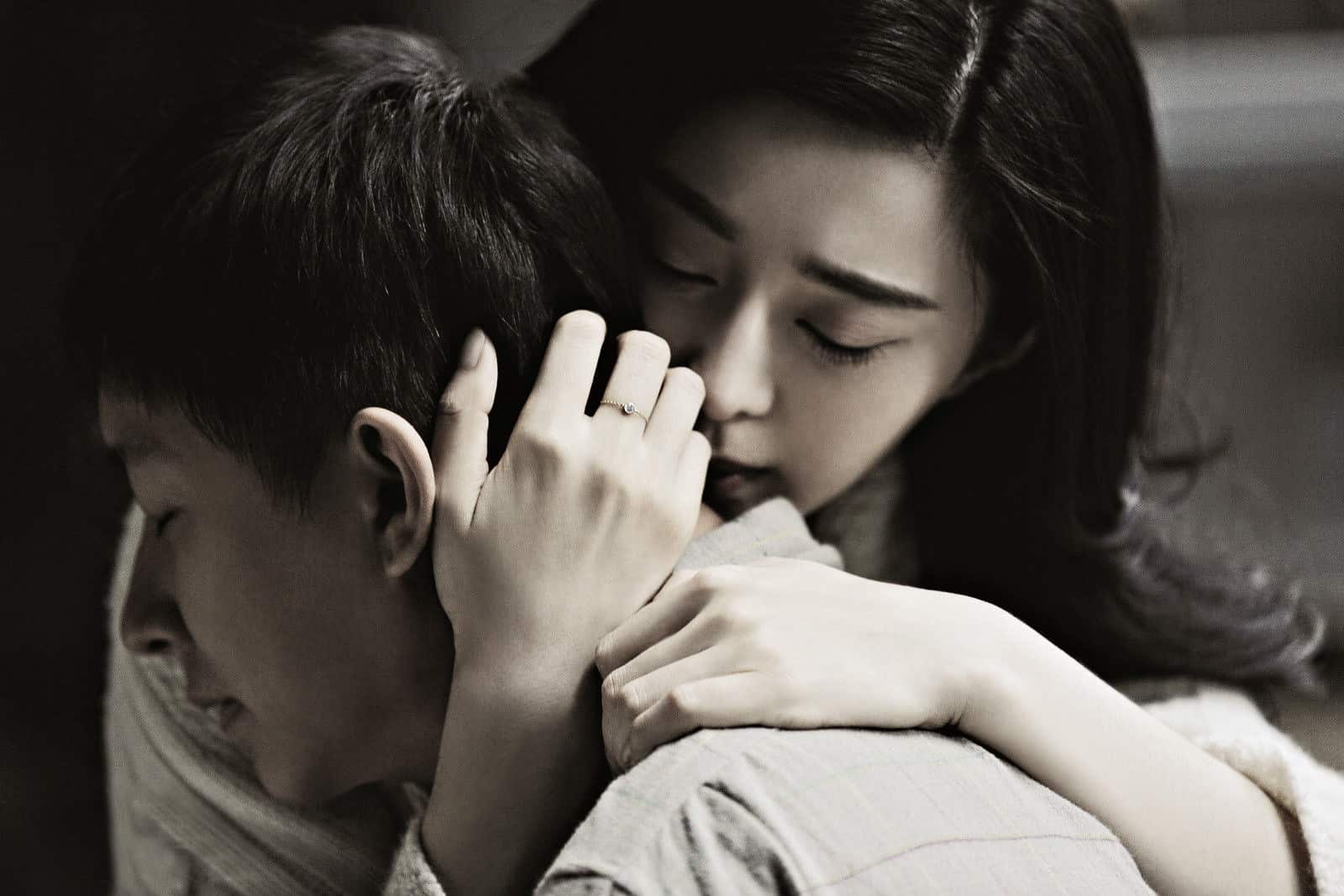
In “Buddha Mountain”, you also cooperated with another iconic actress, Sylvia Chang. How was your cooperation with her and the rest of the cast?
Sylvia Chang has great sensitivity and is a very professional actress. She's not just an actress but also an excellent director. When I talked with her about the story and the inner world of her character, she contributed a lot of brilliant ideas. I appreciate her trust in me during the film's production which really matters.
The visual aspect in your films is always impressive. What is usually your approach in that regard?
I started off as a documentary filmmaker. So my preferred visual style is always realism which offers an immersive experience. I really like it when the camera movement breathes and shows emotions. I always say that when we do things right, you'd feel the camera loves the characters and the story, whereas when we do things wrong, you'd feel the camera hates the story and the characters. So for me, finding the way that's in line with what I want to convey and my aesthetic values is important.
Also, where do you draw inspiration from, for your scripts? Are there any particular kind of social issues or types of characters that appeal more to you?
I feel a director must observe, record, and portray the times we live in. My source of inspiration is society, no matter what my film looks like, be it emotional struggles, social satire, or black comedy, it always reflects my thoughts and attitude towards this world. My partner Fang Li is like a walking encyclopedia. We sometimes write scripts together and discuss the reality's influences on our story.
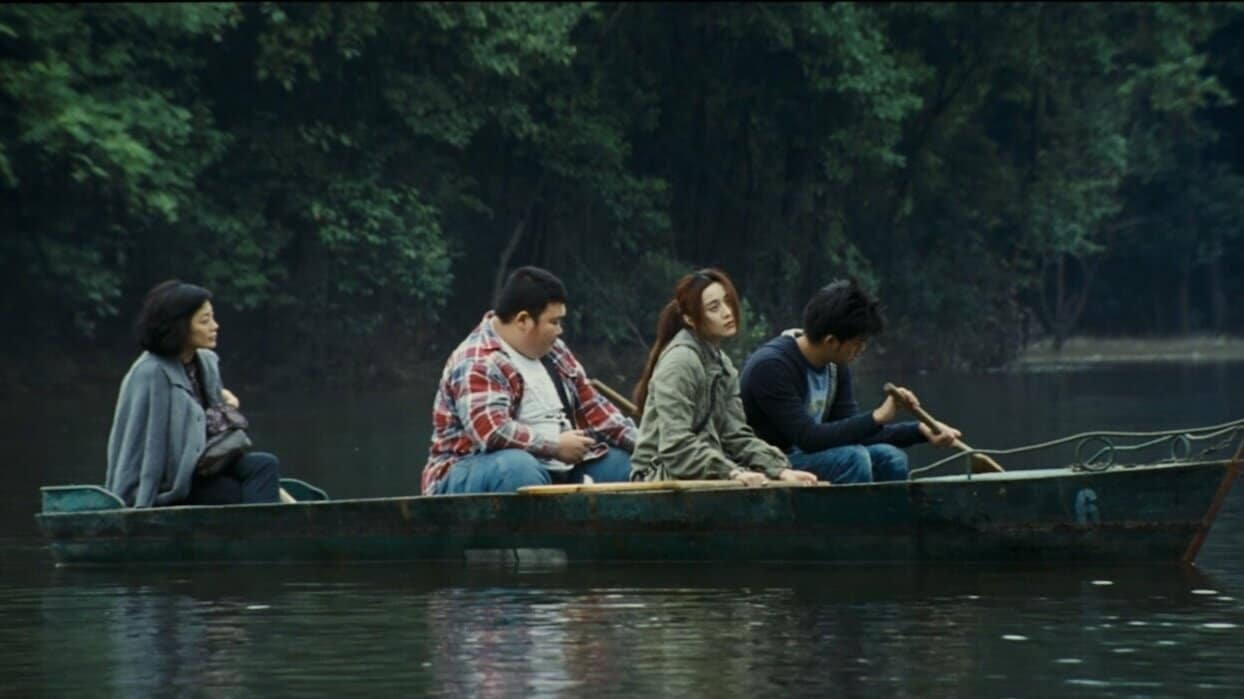
After, “Ever Since We Love” you stayed a bit away from cinema, until this year. Why is that?
I actually didn't leave cinema. It's just that “Tiger Robbers” took lots of work and time. The post-production process was complex and difficult. As long as you have a passion for cinema, you'd never leave unless you can't survive. I wrote “The Fallen Bridge” during the pandemic. Now we've finished shooting it and a few more years have passed. Such is the life of a filmmaker, it's long and it's also short.
Can you tell us a bit more about your two latest projects, “Tiger Robbers” and “The Fallen Bridge”?
“Tiger Robbers” has an absurd story about how a few sad people cope with loss. The result of the film is also a sad experience. But this experience is a motivation for me. I think I'll be more determined to make the films I want to make. “The Fallen Bridge” is more realistic. As a former documentarian, no matter what style I use for each of my films, their core is portraying reality, directly or in a metaphor. We're dealing with a lot of difficulties for “The Fallen Bridge”. I hope in today's environment our insistence on telling realistic stories will bring the film some luck.
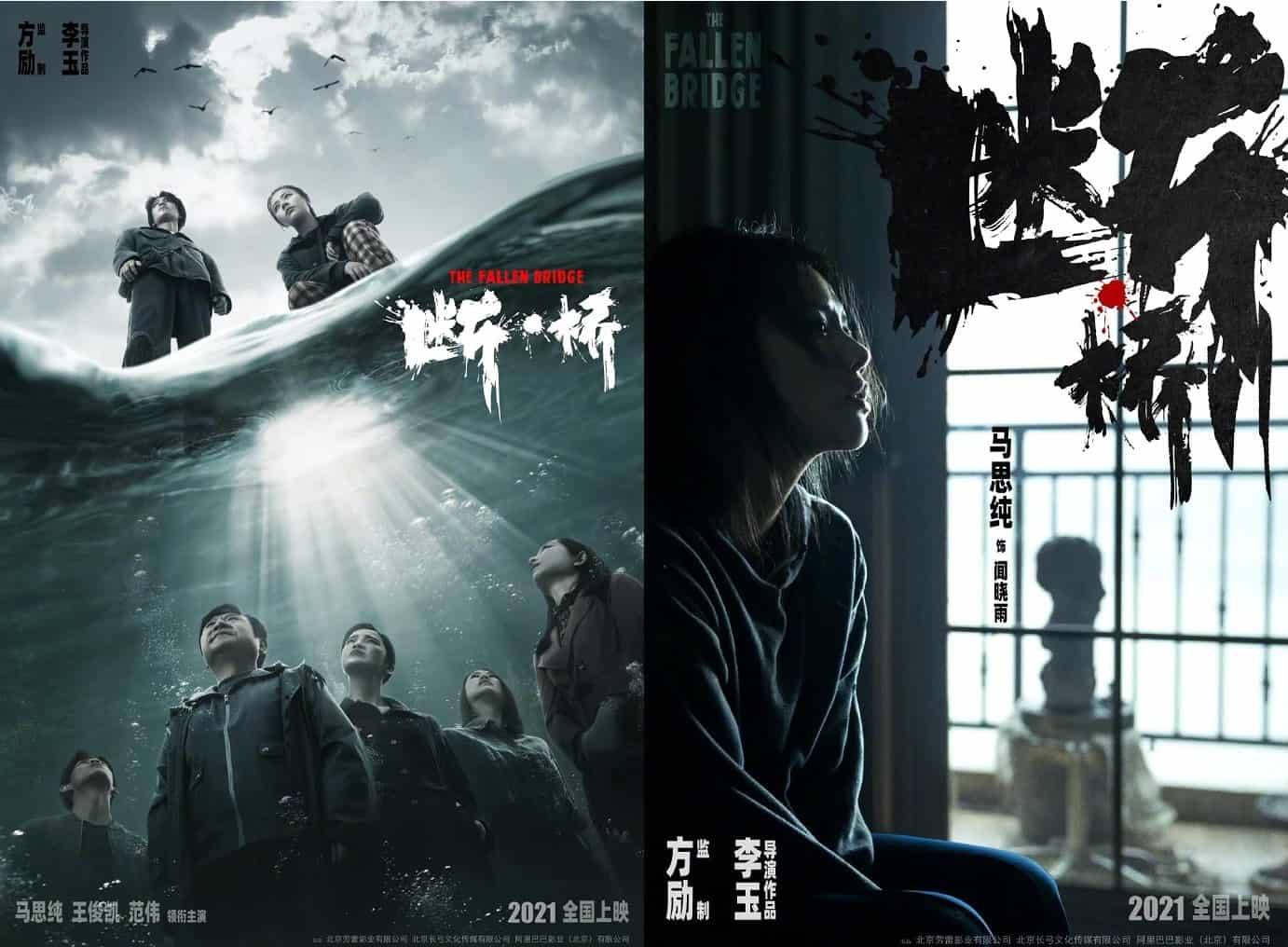
Are you working on anything else at the moment?
I'm developing a story about sexual assault with producer Fang Li. In today's world, sexual assaults from intellectuals are difficult to uncover.


